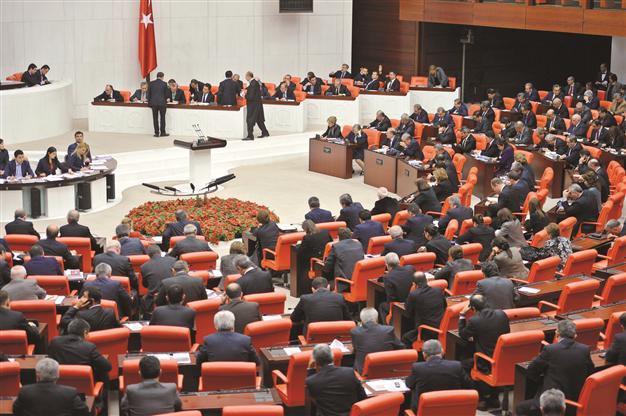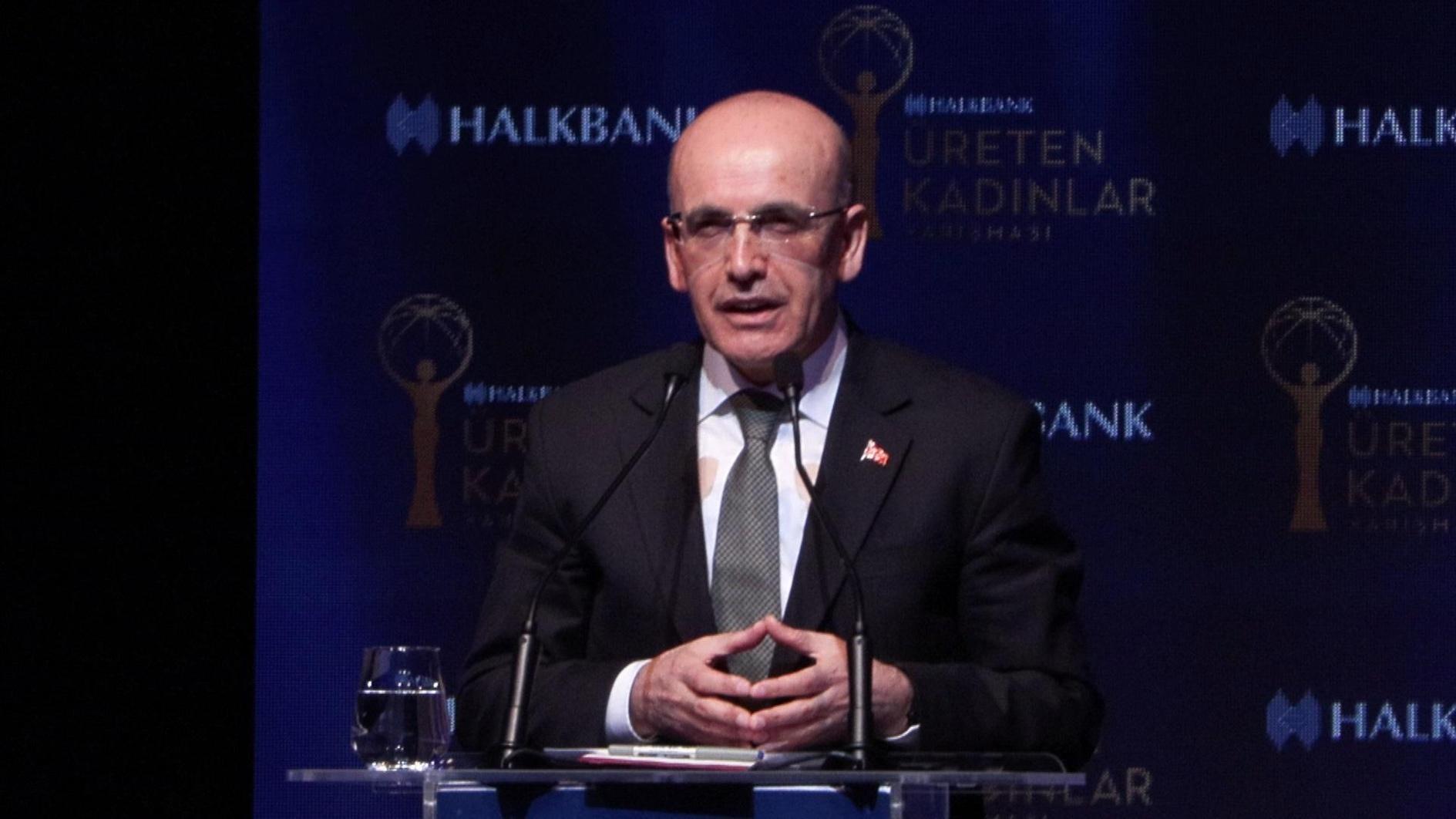Main opposition to appeal against Foreign Ministry law in Turkey

The law proposal, which is waiting for ratification from President Gül, received criticism from opposition parties, former diplomats and serving diplomats. Davutoğlu defended the bill, saying the ministry is in need of new ambassadors. DAILY NEWS photo, Selahattin SÖNMEZ
The main opposition Republican People’s Party (CHP) is preparing to appeal to the Constitutional Court over a bill outlining radical changes in the customary appointment procedures of non-diplomat ambassadors to the Foreign Ministry administration. The bill is said to have led to a serious uneasiness among career diplomats within the ministry as well.The CHP’s Osman Korutürk announced over the weekend that his party would take the controversial bill to the high court. Korutürk, who is a former career diplomat at the Turkish Foreign Ministry, said, “If I were on duty, I would resign if this proposal became law.”
In a televised interview yesterday, Foreign Minister Ahmet Davutoğlu defended the legislation as necessary progress and part of an ambitious Turkish foreign policy. Turkey has opened 34 new embassies in four years and the ministry is in need of new ambassadors due to the increasing number of newly opened embassies, Davutoğlu said.
Not every non-diplomat ambassador will be appointed to ministry headquarters after he or she serves at embassies abroad, the minister said, adding that any appointment would be done according to the non-diplomat ambassador’s qualifications.
According to the new law, which was integrated into the “omnibus bill” voted on at Parliament last week upon the insistence of Davutoğlu, ambassadorial posts at ministry headquarters will not be reserved only for career diplomats.
The law allows individuals appointed as ambassador or permanent representative without being a member of the Turkish Foreign Service to work in the Foreign Ministry and to have the same rights as career diplomats when they return to Turkey.
The system in place permitted only diplomats who had served a certain number of years to obtain the position allowing them to be appointed as ambassadors.
Controversial bill
The new law gives the same status and privileges to ambassadors from outside after the end of their assignment, such as being entitled to be nominated to a senior post inside the ministry.
The law proposal received criticism from opposition parties, former diplomats and serving diplomats concerned about the penetration of domestic politics into foreign diplomacy, political polarization in foreign affairs, problems of sufficient employment opportunities and lack of appropriate experience.
The government has already designated nearly 10 non-career diplomats as ambassadors, including the former head of Higher Education Board (YÖK), Yusuf Ziya Özcan, who represents Turkey in Poland. Gov. Mehmet Niyazi Tanılır was named ambassador to Montenegro, while Ömer Faruk Doğan of the Foreign Trade Undersecretariat was named ambassador to Cameroon.
The bill’s impact will not be limited only to the Foreign Ministry’s structure. The bill sets the minimum period of time required for holding the positions of deputy inspector, actuary, supervisor and expert is down to two years, instead of three.
The obligation of speaking a foreign language and of preparing a thesis for transiting to the position of expert from assistant expert is being abolished.
It will be enough to work five years in the public sector, private sector or self-employed after university graduation for assignments of director generals, institutions’ presidents or undersecretaries.
















